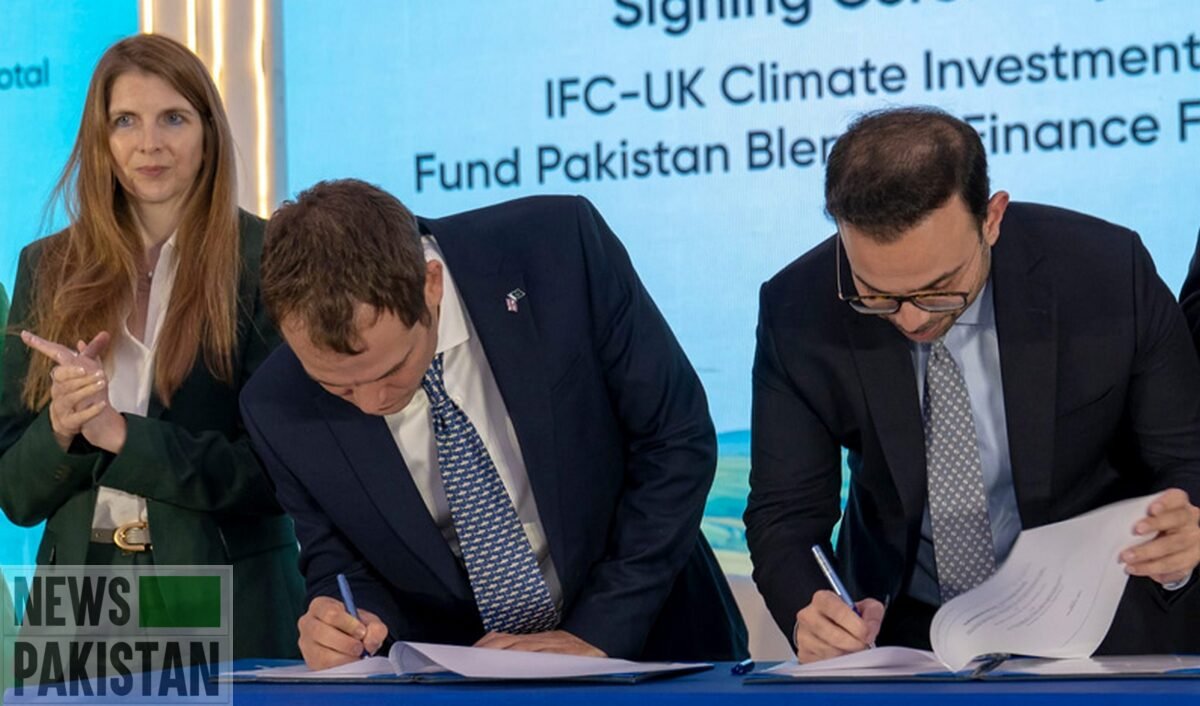BEIJING: The US decision to reimpose sanctions on Iran could scare off European investors but oil-thirsty China may step into the void and ramp up business links with the country.
China, which is already Iran’s top trade partner and one of its biggest buyers of crude, has signaled that it intends to keep working with the Islamic regime despite the US move.
Beijing is a signatory of the 2015 Iran nuclear deal that had eased sanctions on Tehran, but President Donald Trump quit the accord earlier this month and said Washington would reinstate punitive measures.
“By driving away American, European and Japanese companies, the sanctions could increase opportunities for Chinese businesses,” Hu Xingdou, a Beijing-based economist, told AFP.
The Iran deal has been highly profitable for the Asian giant. Chinese businesses involved in Iranian developments are worth at least $33 billion as of June 2017 according to Beijing’s Commerce Ministry – part of the country’s ambitious Belt and Road global infrastructure initiative.
In September, China provided a $10 billion credit line to five Iranian banks financing water, energy and transport projects, and in March the two countries inked a $700 million deal allowing China to build a train line that links the port of Bushehr to the rest of Iran’s railway network.
Beijing now has its sights on the expansion of a major Iranian gas field, with state-owned oil company CNPC set to replace Total if the French energy behemoth withdraws from the project over US sanctions.
It is pertinent to mention here that before imposition of sanctions against Iranian oil exports, (Iran harboring world’s fourth-largest proved crude oil reserves and the world’s second-largest natural gas reserves) was exporting around 2.5 million barrels per day. Iranian oil exports plunged to just 1.1 million b/d after the sanctions. The largest buyers of Iranian petroleum products are China, India, Japan, South Korea, and Turkey.











